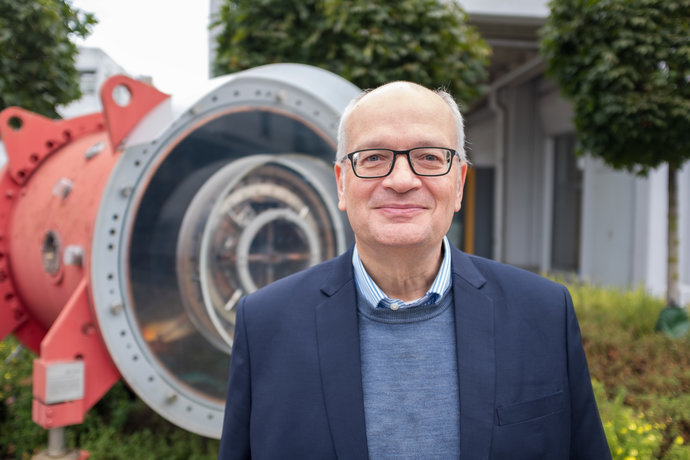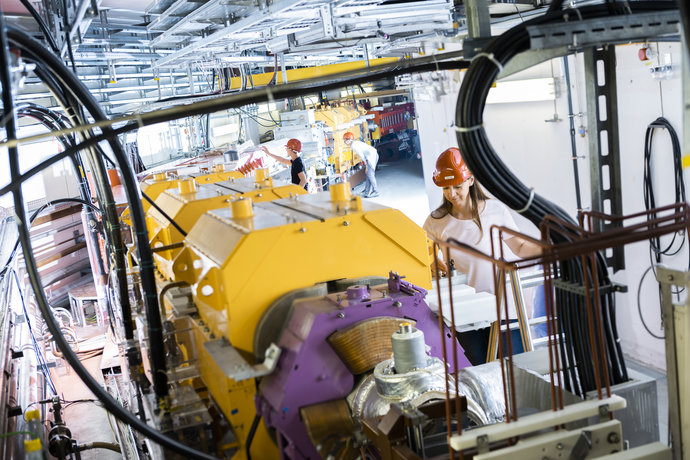

















Lecture: "Is space radiation a showstopper for the mission to Mars?"
Prof. Marco Durante at „Space @ TU Darmstadt“
TU Darmstadt, Magdalenenstraße 12, Maschinenhalle (S105/122)
Thursday, 17.07, 6:00 – 8:00 p.m.

SCIENCE POP-UP
open Tue – Fri,
10:30 am – 5 pm
City Center Darmstadt
Ernst-Ludwig-Str. 22

Wed, August 20, 2025 | 2 p.m.
FAIR und sein digitaler Zwilling –
Der Mega-Beschleuniger im computergestützten Design
Dr. Christina Will, GSI/FAIR
Registration and further information

Events at GSI:
GSI colloquium
Accelerator Seminar
Calendar